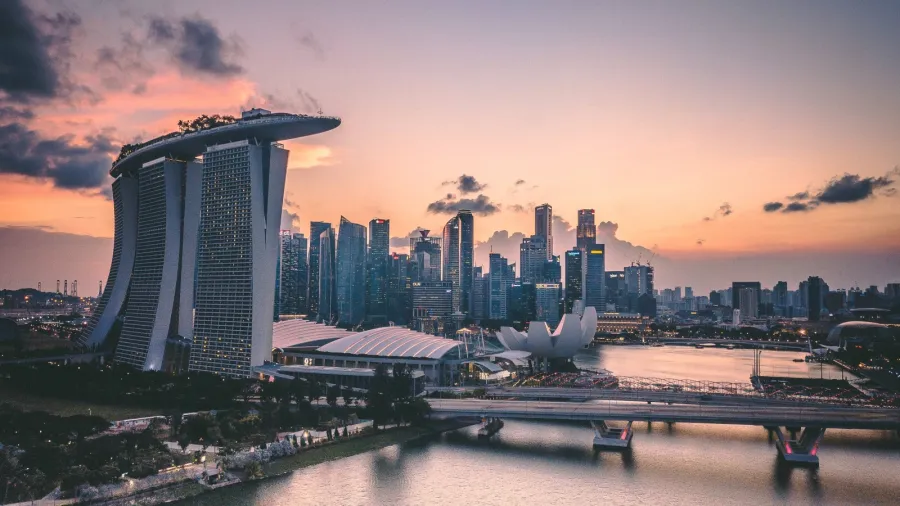
Banks most vulnerable to illegal trade financing – MAS
Env Crimes generate between $110b-$281b in criminal gains yearly.
Environmental Crimes (Env Crimes) and the laundering of their proceeds significantly harm our environment and ecosystem, impacting current and future generations, warned the Monetary Authority of Singapore (MAS).
Notably, trade-based money laundering (TBML) and corruption are commonly associated with Env Crime ML.
Banks and cross-border payment service providers (Remittance Agents) are most vulnerable, exposed through financing illegal trade and facilitating fund transfers for illicit activities.
Company service providers and businesses dealing in precious stones and metals also face risks. Other financial sectors, including accountants and lawyers, are less affected in Singapore but feature in ML typologies elsewhere.
The Financial Action Task Force (FATF) estimated in July 2021 that Env Crimes generate between $110b to $281b in criminal gains annually. Countries must address Env Crimes and their illicit profits.
The Env Crimes Money Laundering (Env Crimes ML) national risk assessment (NRA) outlines Singapore’s risk environment, identifying key threats, vulnerabilities, controls, and areas for improvement.
It complements Singapore’s broader ML risk assessments and aims to raise awareness among government agencies, financial institutions (FIs), and Designated Non-Financial Businesses and Professions (DNFBPs) about specific Env Crime ML risks.
It serves as a guide for these groups to develop and implement risk-focused strategies, policies, and measures to mitigate ML risks related to Env Crimes, informing the Government's review of relevant legislative frameworks.
Key findings reveal that Singapore, as an international financial and trading hub, is a transit country for Env Crimes ML.
NGOs have identified Singapore as a point along Asian environmental goods supply routes, exploited by criminals for illicit financing and trade flows, particularly in illegal wildlife trafficking. Seizures of illegal wildlife trade (IWT) transshipments through Singapore underscore this risk.
Singapore faces significant ML threats from Illegal Wildlife Trade, Illegal Logging, and Waste Trafficking. Illegal Wildlife Trade involves trafficking items such as pangolin scales, ivory, and rhinoceros horns.
Singapore’s location makes it susceptible to trade flows from these crimes, evidenced by significant seizures, such as 25 tonnes of pangolin scales in April 2019 and 34.7kg of rhinoceros horns in October 2022.
Whilst ML from illegal logging and waste trafficking has not been detected, regional proximity necessitates vigilance.






![Lorem Ipsum [ABF 1]](https://cmg-qa.s3.ap-southeast-1.amazonaws.com/s3fs-public/styles/exclusive_featured_article/public/2025-03/a_hand_pointing_to_a_futuristic_technology_5b87c9d0e3_1.png.webp?itok=2w0y1WhS)


![Cross Domain [Manu + SBR + ABF + ABR + FMCG + HBR + ]](https://cmg-qa.s3.ap-southeast-1.amazonaws.com/s3fs-public/styles/exclusive_featured_article/public/2025-01/earth-3537401_1920_4.jpg.webp?itok=WaRpTJwE)








 Advertise
Advertise

